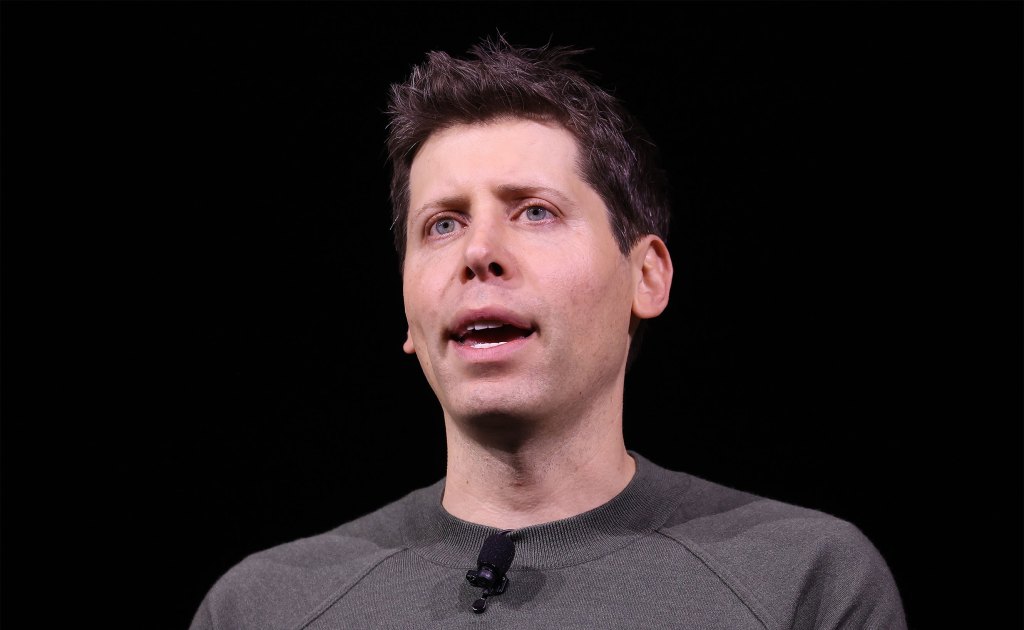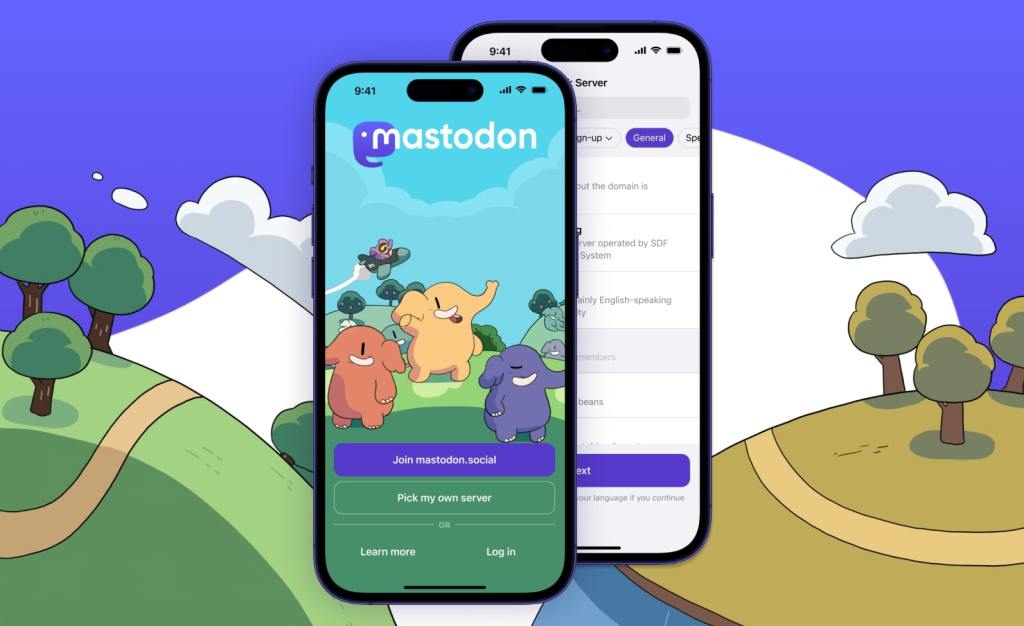 Image Credits: Justin Sullivan / Getty Images
Image Credits: Justin Sullivan / Getty Images
Sam Altman, the CEO of OpenAI, has a seat at the table — or board, rather — once again.
OpenAI today announced that Altman will be rejoining the company’s board of directors several months after losing his seat and being pushed out as OpenAI’s CEO.
Joining him are three new members: former CEO of the Bill and Melinda Gates Foundation Sue Desmond-Hellmann, ex-Sony Entertainment president Nicole Seligman and Instacart CEO Fidji Simo — bringing OpenAI’s board to eight people.
The members of the transitionary board — the board formed after Altman’s firing in November — won’t be stepping down with the appointment of Desmond-Hellmann, Seligman and Simo. Former Salesforce co-CEO Bret Taylor (OpenAI’s current board chair), Quora CEO Adam D’Angelo and Larry Summers, the economist and former Harvard president, will remain in their roles on the board, as will Dee Templeton, a Microsoft-appointed board observer.
The appointment of the four new board members — and reappointment of Altman — comes after OpenAI received criticism for its board’s all-male makeup and the nomination of Summers, who has a history of making unflattering remarks about women. The Congressional Black Caucus flagged the board’s lack of diversity in a letter sent in January, noting the importance of the Black perspective in building tools to help mitigate AI bias.
OpenAI’s expanded board is certainly diverse — at least in terms of their backgrounds.
Desmond-Hellmann, in addition to heading the Bill and Melinda Gates Foundation for six years, was previously chancellor of the University of California, San Francisco and before that president of product development at Genentech, where she helped develop gene-targeted cancer drugs. Desmond-Hellmann is an oncologist by training, board-certified in both internal medicine and medical oncology.
Seligman, an attorney and corporate director, received national attention for her representation of Lieutenant Colonel Oliver North during the Iran-Contra hearings and President Bill Clinton during his impeachment trial. Seligman was Sony’s VC and general counsel before rising through the ranks to CEO of Sony Corporation and president of Sony Corporation of America.
As for Fidji Simo, before becoming CEO of Instacart, she was head of the Facebook app at Meta and the VP overseeing Meta’s various video, games and monetization efforts. Simo also co-founded — and is currently president of — The Metrodora Foundation, a health clinic and research institute.
“Sue, Fidji and Nicole have experience in leading global organizations and navigating complex regulatory environments, including backgrounds in technology, nonprofit and board governance,” OpenAI wrote in a blog post. “They will work closely with current board members Adam D’Angelo, Larry Summers and Bret Taylor as well as Sam and OpenAI’s senior management.”
The board’s expansion and Altman’s reinstatement also follows an investigation by the law firm WilmerHale, retained by OpenAI, that concluded Altman’s ouster was a “consequence of a breakdown in the relationship and loss of trust” between Altman and the prior board — not out of “concerns regarding product safety or security, the pace of development, OpenAI’s finances or its statement to investors, customers, or business partners.”
OpenAI in a blog post said that, during the probe, WilmerHale conducted dozens of interviews with the company’s prior board, current executives, advisers and other witnesses and reviewed thousands of documents and other corporate actions. In the opinion of the firm, the prior board acted within its right to terminate Altman — but Altman’s conduct didn’t mandate removal.
“We have unanimously concluded that Sam and [OpenAI president Greg Brockman] are the right leaders for OpenAI,” Taylor said in a statement. “We recognize the magnitude of our role in stewarding transformative technologies for the global good.”
Not all at OpenAI would likely agree.
New York Times reporting earlier this week paints a picture of a manipulative Altman — a leader who often told people what they wanted to hear to charm them and support his decisions but who undermined their credibility when they challenged him. Both OpenAI CTO Mira Murati and Ilya Sutskever, a former OpenAI board member and the startup’s chief scientist, approached members of OpenAI’s previous board to express concerns about Altman’s behavior prior to his ouster last year, according to The Times.
In addition to today’s board appointments, OpenAI said that it would adopt a new set of corporate governance guidelines, including strengthening its conflict of interest policy, creating a whistleblower hotline “to serve as an anonymous reporting resource for all OpenAI employees and contractors” and establishing additional board committees — including a mission and strategy committee “focused on implementation and advancement of the core mission of OpenAI.”
We’ve asked OpenAI for more information on the reworked conflict of interest policy and mission and strategy committee and will update this post if we hear back.






